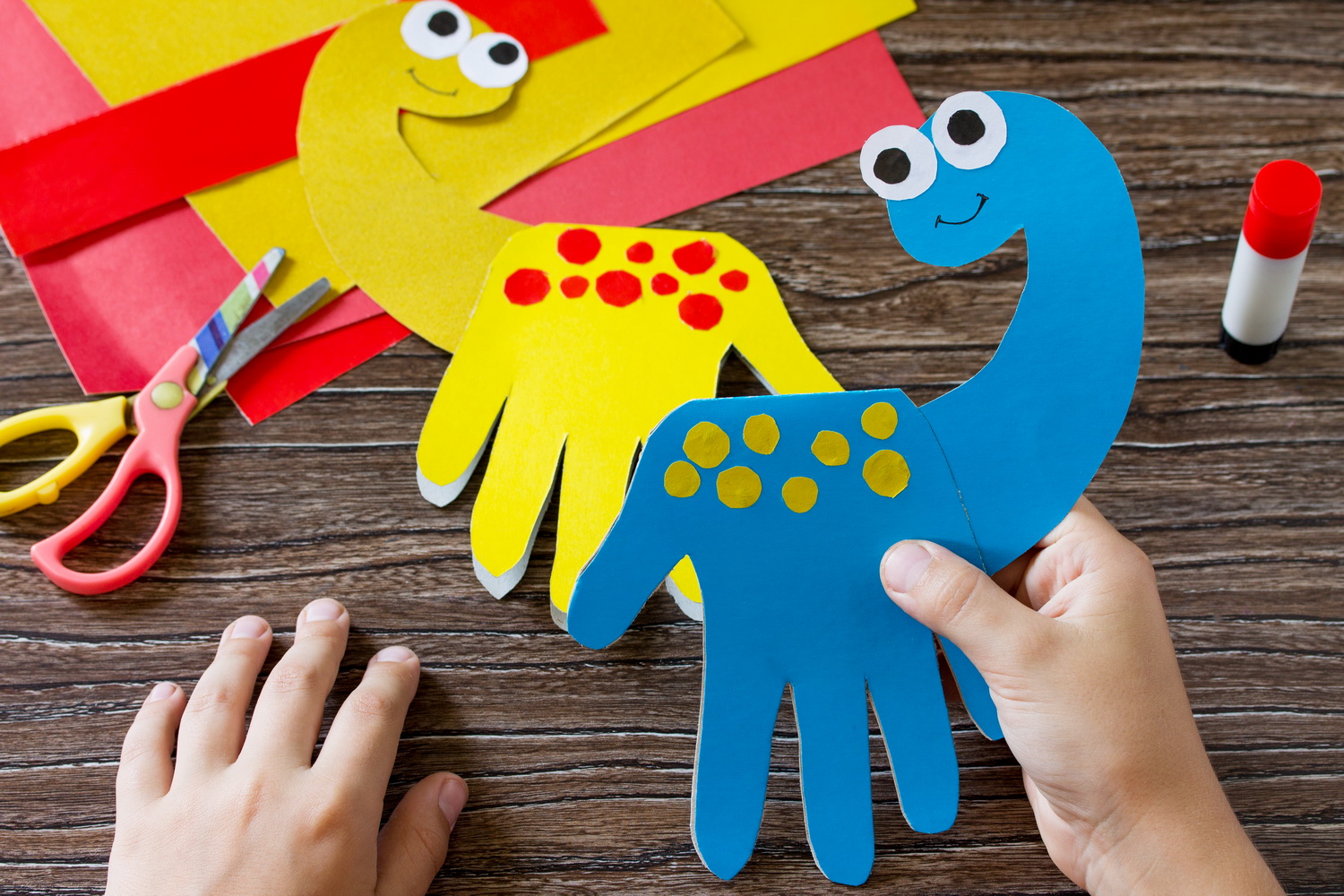Basic Math Skills Science Worksheets for Ages 6-7
5 filtered results
-
From - To
Enhance your child's understanding of basic math skills with our engaging science worksheets designed for ages 6-7! These printable activities seamlessly integrate math with scientific concepts, fostering critical thinking while making learning fun. Your child will explore essential skills such as addition, subtraction, and counting through interactive exercises that spark curiosity about the world around them. Perfect for homeschooling or supplementary practice, these worksheets encourage problem-solving and reinforce foundational knowledge in a playful manner. Bring math to life with our colorful and educational materials, ensuring your child develops confidence and competence in both subjects. Download now for an enjoyable learning experience!
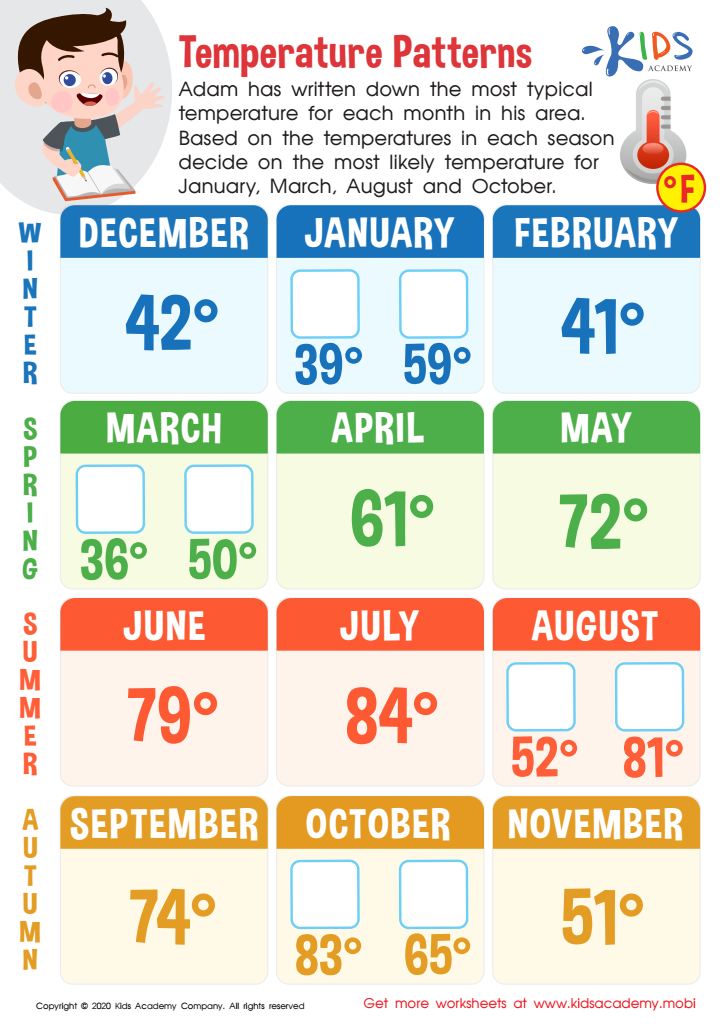

Temperature Patterns Worksheet
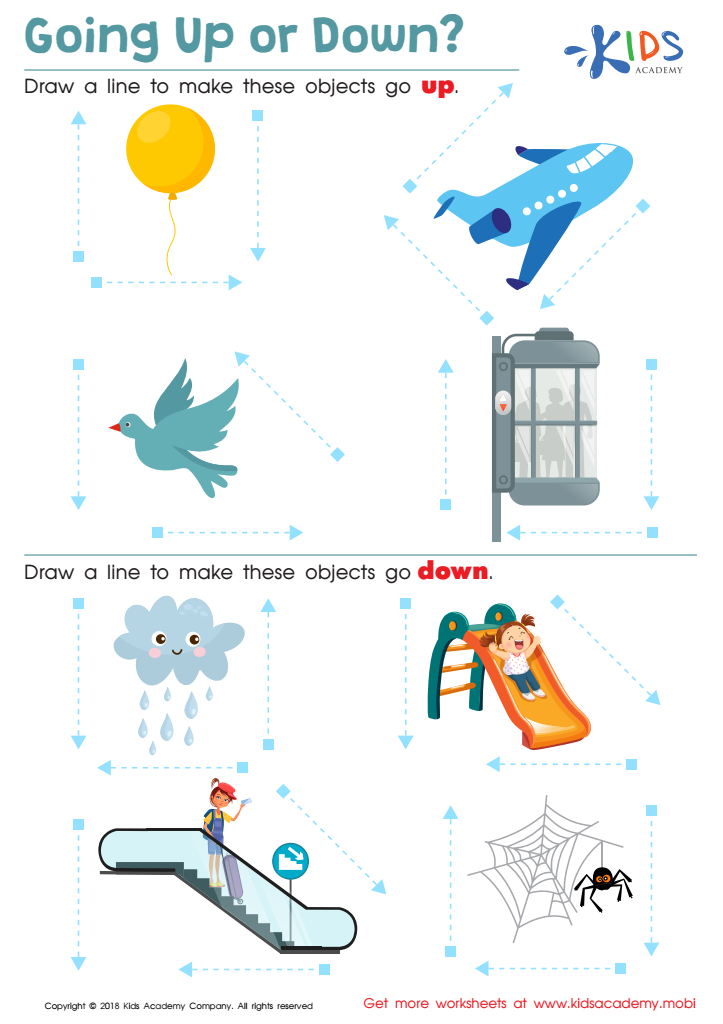

Going up or Down? Worksheet


Alien Worksheet
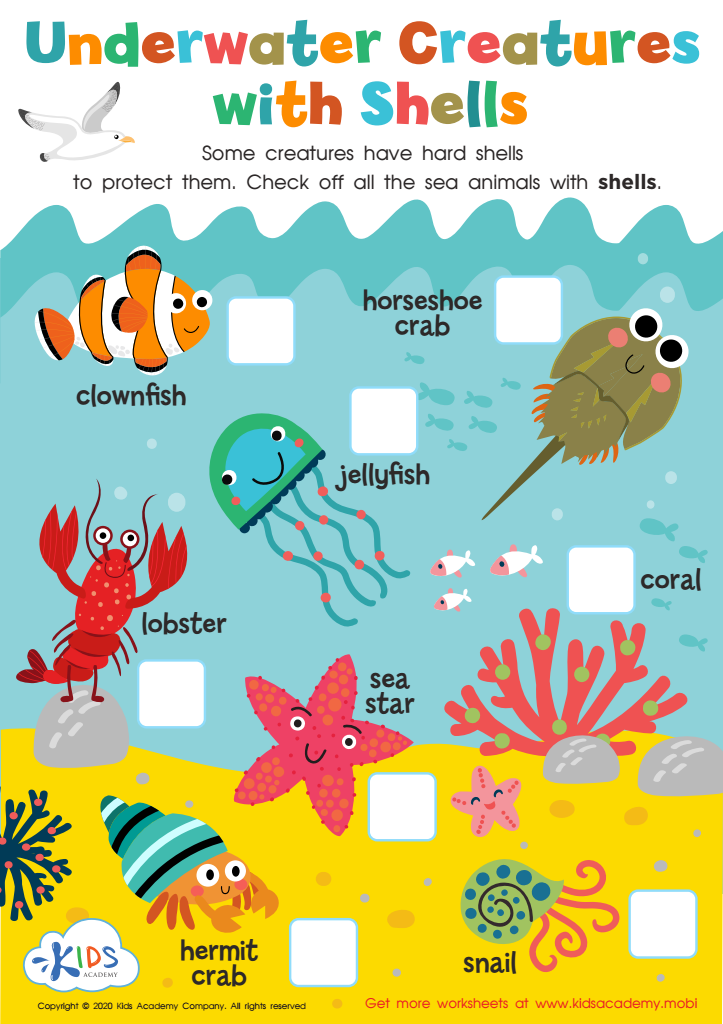

Underwater Creatures with Shells Worksheet
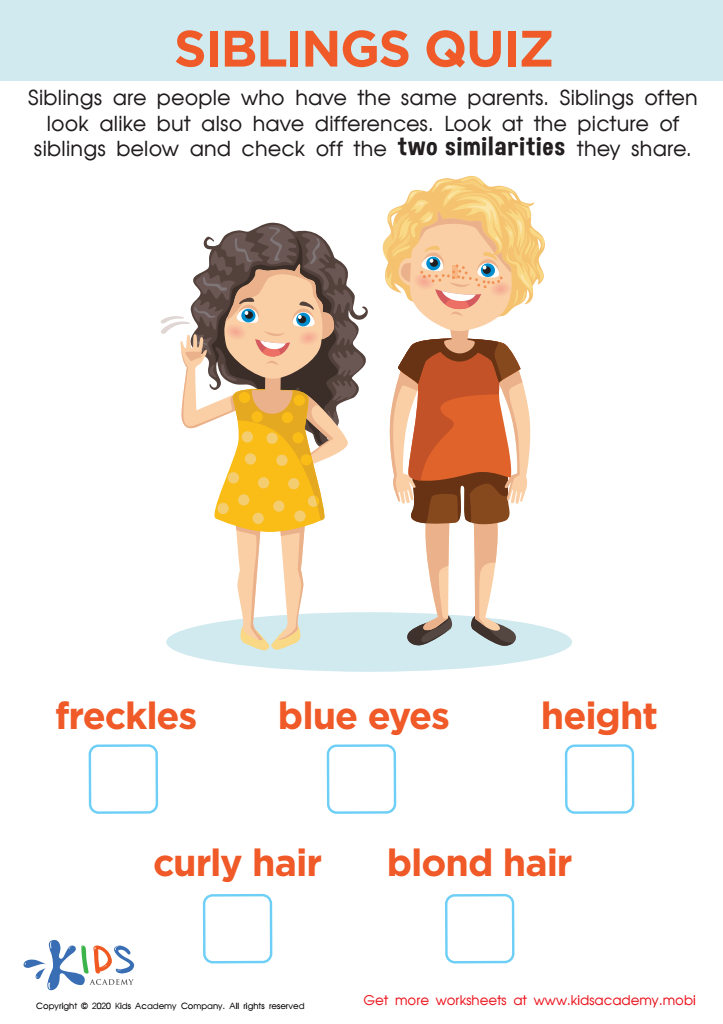

Siblings Quiz Worksheet
Parents and teachers should prioritize Basic Math Skills in Science for ages 6-7 because these foundational concepts significantly contribute to a child’s cognitive development and overall academic success. At this age, children are naturally curious and eager to explore the world around them. Integrating basic math skills into science encourages critical thinking and problem-solving abilities as kids engage in measurements, data collection, and simple calculations while conducting experiments.
For instance, when young learners measure liquid in a lab experiment or count the number of seeds in a plant, they not only practice addition and subtraction but also make scientific observations. This hands-on experience reinforces their understanding of abstract math concepts and nurtures a positive attitude towards learning.
Moreover, solid math skills are essential for understanding patterns, analyzing information, and making informed decisions, key elements in both math and science disciplines. Encouraging these skills at an early age builds confidence and prepares children for more complex subjects later in their academic journey. Thus, by fostering a constructive learning environment that melds basic math with science, parents and teachers can instill a lifelong love for learning and ensure children are well-equipped for future educational challenges.
 Assign to My Students
Assign to My Students





